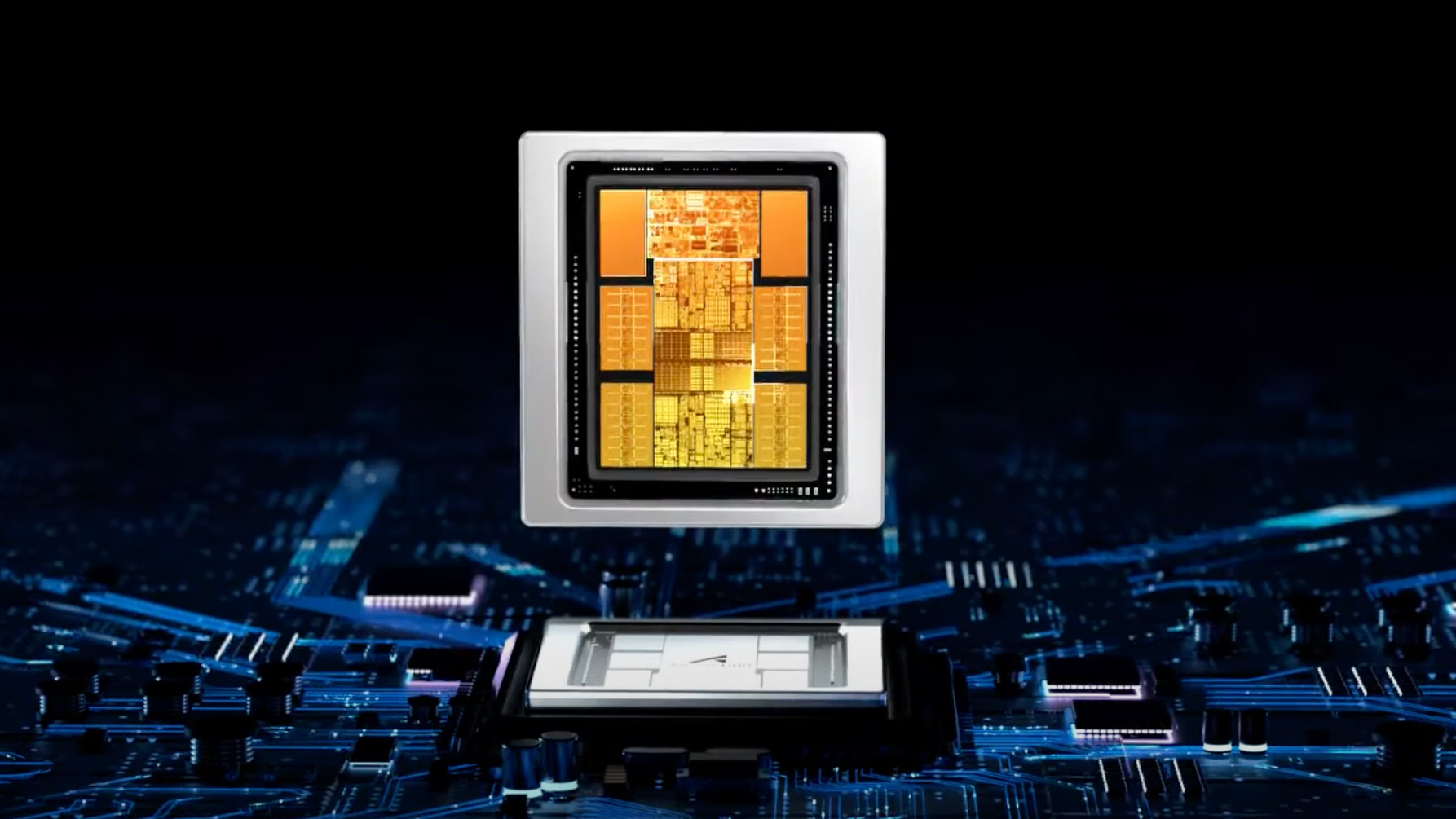Huawei is making its Ascend AI GPU software toolkit open-source to better compete against CUDA
Huawei is getting better at making AI GPUs. Now it wants to increase adoption of its technology on the software side

Huawei has greenlit a plan to open-source its CANN software toolkit for its Ascend AI GPUs. According to the South China Morning Post, Huawei is making this move in order to better compete against Nvidia and its closed-source CUDA software ecosystem.
Open-sourcing CANN, or Compute Architecture for Neural Networks, could further speed up developer innovation and improve the usability of Huawei's Ascend AI GPUs. Furthermore, Huawei has reportedly already held talks with China's leading AI players, business partners, universities, and research institutions on how to build an open-sourced Ascend ecosystem.
CANN is a heterogeneous computing architecture that provides multi-layer programming interfaces to help users build AI applications tailored to Huawei's Ascend AI GPUs. At a high level, it's Huawei's version of CUDA, which provides the same interfaces for Nvidia GPUs.
Huawei's decision to open-source its CANN software kit could further enhance China's effort to build self-sufficiency from Western chipmakers and help incentivize developers to build software for its Ascend AI GPUs. The performance of those chips is catching up to Nvidia's Blackwell B-series GPUs in the right environment.
Nvidia is notorious for keeping its CUDA programming language a closed-off "moat" or "swamp", a trait that has been a key frustration for developers for years. CUDA is a tightly bound ecosystem that has very little support beyond Nvidia's own hardware, forcing developers to use Nvidia GPUs exclusively if they want to build software in CUDA.
There have been initiatives like ZLUDA that have attempted to bring CUDA functionality to other GPU vendors (through a translation layer), but they have largely been unsuccessful due to pushback by Nvidia. Nvidia banned the use of translation layers in 2024, starting with CUDA version 11.6.
Making CANN open-source could provide Huawei with an accelerated avenue to adoption for its homebrewed software toolkit. However, it will likely take years before CANN will approach the maturity of CUDA, which has been around for nearly 20 years and has been constantly updated since its release.
Get Tom's Hardware's best news and in-depth reviews, straight to your inbox.
Follow Tom's Hardware on Google News to get our up-to-date news, analysis, and reviews in your feeds. Make sure to click the Follow button.

Aaron Klotz is a contributing writer for Tom’s Hardware, covering news related to computer hardware such as CPUs, and graphics cards.
-
-Fran- Why is contributing to OpenCL so darn hard? (both rethoric and literal)Reply
Just make OCL better as it was, and is, the open tool we should agree on improving for this.
Regards. -
bit_user I'm curious to know whether they followed AMD's play of trying to make a CUDA work-alike (i.e. HIP), or if they developed something completely from scratch (a bit more like what Intel tried with oneAPI).Reply -
bit_user Reply
Intel has been the lone stalwart really pushing to improve OpenCL. Their oneAPI is built on it.-Fran- said:Just make OCL better as it was, and is, the open tool we should agree on improving for this.
Battlemage turns out some decent performance numbers, considering its hardware specs. These are some of the first compute benchmarks on it. I wonder how performance has matured.
https://www.phoronix.com/review/intel-arc-b580-gpu-compute -
thestryker Reply
In this case it may be as simple as political. I certainly agree with you though!-Fran- said:Why is contributing to OpenCL so darn hard? -
bit_user Reply
Or maybe it's just a case of: "monkey see, monkey do". People see how successful Nvidia has been and are trying to follow their same playbook.thestryker said:In this case it may be as simple as political. I certainly agree with you though!
IMO, you'll never beat Nvidia at their own game. You need to do an end-run, like Cerebras did. -
zsydeepsky Reply-Fran- said:Why is contributing to OpenCL so darn hard? (both rethoric and literal)
Just make OCL better as it was, and is, the open tool we should agree on improving for this.
Regards.
OpenCL is a US entity.
IEEE is also a US entity. In 2019, in response to US sanctions, they banned Huawei, despite Huawei being their biggest contributor to patents and standards.
So it's reasonable that Huawei will not contribute to anything that's based in the US if they have a choice. -
bit_user Reply
Yes, I think Khronos is.zsydeepsky said:OpenCL is a US entity.
FWIW, if you avoid Khronos, then you also must avoid OpenGL and Vulkan. -
-Fran- Reply
It's not just Huawei though.zsydeepsky said:OpenCL is a US entity.
IEEE is also a US entity. In 2019, in response to US sanctions, they banned Huawei, despite Huawei being their biggest contributor to patents and standards.
So it's reasonable that Huawei will not contribute to anything that's based in the US if they have a choice.
Regards.